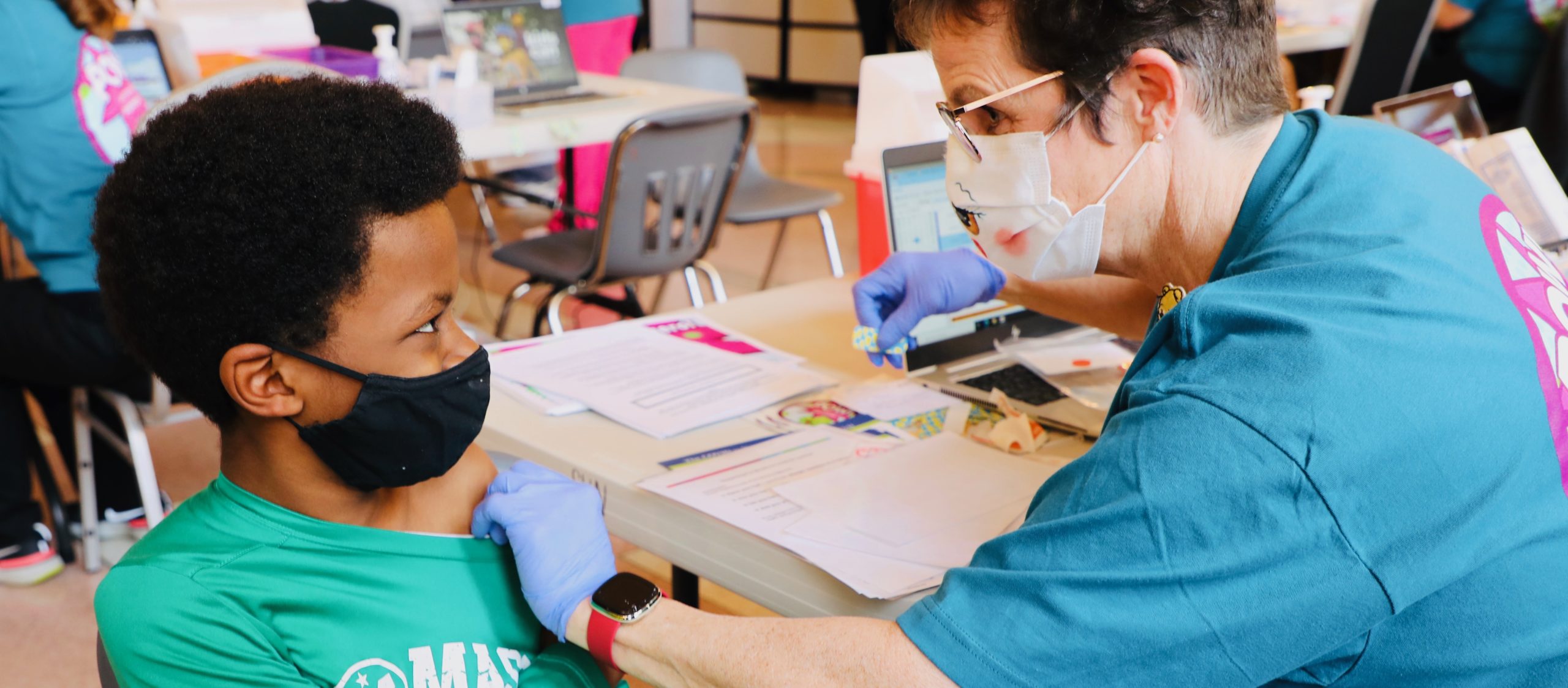When the COVID-19 pandemic forced children home from school, many parents were left wondering how to make sure their education continued as normally as possible, despite drastic changes. Several months later, many children are still expected to do most if not all of their schoolwork from home, and that has left many parents overwhelmed as they try to make sure their child stays on track.
It is tempting for us to don our masks, keep children entertained and hope for the best. However, my fear is that when we emerge from this unprecedented situation (hopefully soon!), we will find that some children have fallen behind, particularly in critical reading skills.
The good news is, there is help if you’re feeling unsure about how your child is doing.
Determining if your child needs an evaluation
At Cincinnati Children’s Reading & Literacy Discovery Center (RLDC) we can help answer questions about your child’s reading abilities through our expert team of specialists. RLDC conducts diagnostic evaluations for children age 6-up and referral is not needed. This provides a window opportunity to have your child evaluated in a proactive way before struggles escalate, which can fuel anxiety, frustration and tears, in turn eroding self-esteem and attitudes towards reading and school. Our goal is to help your child before he or she gets to that point, whether this involves reassurance, communication with teachers or therapies targeted to specific skills.
Signs of reading difficulties that can appear early
- Delayed language
- Slow picture or letter naming
- Difficulty mastering the alphabet
- Trouble identifying word sounds (this can be first sounds/alliteration, last sounds/rhyming or deciphering how sounds combine to make words, e.g. syllables).
- Name writing ability – this should be legible with letters in proper order around age 5.
- Reversal of letters is common for young children but should be rare by school-age.
- Trouble listening and/or participating in stories or lack of interest.
- Behavioral problems flaring around homework or school, such as tantrums, anxiety or school resistance.
Reading difficulties are also common in children with ADHD, in extremely premature infants (<32 weeks) and with numerous medical conditions, especially ones that are chronic and require prolonged or repeated hospitalization such as severe asthma, epilepsy, congenital heart disease, sickle cell disease and cancer.
The importance of reading
For children with reading difficulties left untreated, the outcomes can be devastating. Reading abilities predict academic success, employment potential and long-term health. Third grade is an especially pivotal time when children transition from “learning to read” to “reading to learn.” Children who struggle at this stage often find it increasingly challenging to catch up with peers. If a parent or other caregiver is worried, or has been for some time, they should talk to their doctor and/or call us. In the past, it was common to say, “let’s wait and see,” but now we know that the time to act is as early as possible. This is because early childhood is when a child’s brain is developing rapidly, most able to make connections, and most responsive to interventions, supporting a successful, functional reading network.
You can also help your child (and yourself) by setting aside time every day to share a book (or books) together, letting them practice, unplugging from screens and having fun.
Cincinnati Children’s takes pride in “translational” research–a process of applying discoveries to directly impact patients and families through innovative care. At the Reading and Literacy Discovery Center, we have conducted groundbreaking research showing how the brain develops to learn to read, how it is shaped by nurturing experiences and how to apply the right treatment for a child who is struggling.
We wish you the best during this challenging time and that every child’s story will be happy, healthy and rewarding.
To schedule an evaluation call (513) 803-READ. The RLDC website contains information for families, educators and others: https://rldc.cchmc.org/






